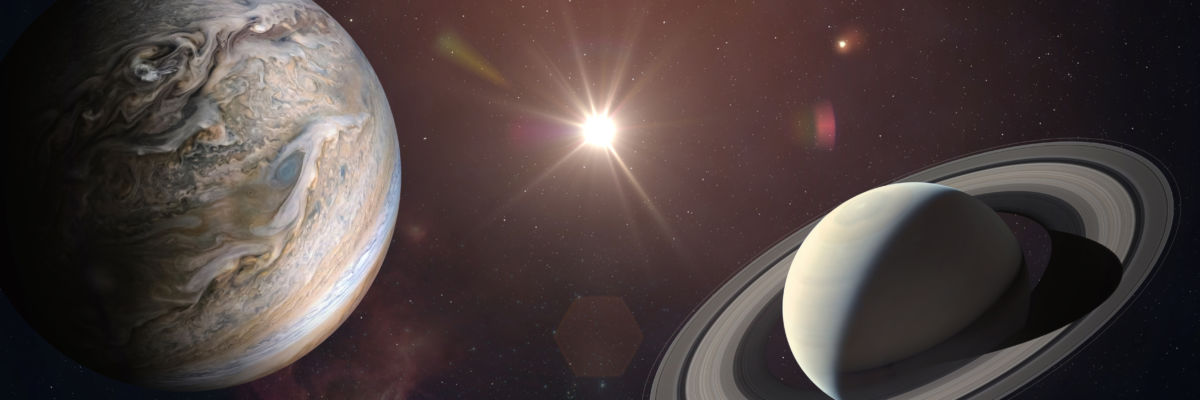
Homily for the Fourth Sunday of Advent, 2020
The angel Gabriel was sent from God
to a town of Galilee called Nazareth,
to a virgin betrothed to a man named Joseph,
of the house of David,
and the virgin’s name was Mary.
And coming to her, he said,
“Hail, full of grace! The Lord is with you.”
But she was greatly troubled at what was said
and pondered what sort of greeting this might be.
Then the angel said to her,
“Do not be afraid, Mary,
for you have found favor with God.“Behold, you will conceive in your womb and bear a son,
and you shall name him Jesus.
He will be great and will be called Son of the Most High,
and the Lord God will give him the throne of David his father,
and he will rule over the house of Jacob forever,
and of his kingdom there will be no end.”
But Mary said to the angel,
“How can this be,
since I have no relations with a man?”
And the angel said to her in reply,
“The Holy Spirit will come upon you,
and the power of the Most High will overshadow you.
Therefore the child to be born
will be called holy, the Son of God.
And behold, Elizabeth, your relative,
has also conceived a son in her old age,
and this is the sixth month for her who was called barren;
for nothing will be impossible for God.”
Mary said, “Behold, I am the handmaid of the Lord.
May it be done to me according to your word.”
Then the angel departed from her.-Luke 1:26-38
In this year of grace 2020, the Fourth Sunday of Advent, which in the Gospel lesson commemorates the incarnation of God’s only Son, also points to an amazing and much-anticipated scene that will occur on the evening of Monday, December 21. A sign not seen in eight centuries will appears in the sky: namely, the closest conjunction to the human eye of the planets Jupiter and Saturn.
Now this sign is not for us Christians a sign of dark foreboding, as though our destinies on earth were controlled by the planets. It is rather a very instructive sign about the nature of our true and revealed religion in comparison to the darkness and confusion of human ideas about the life and actions of God in the universe.
But for this, we need a little lesson in pagan Roman mythology. This is not the usual fare in a homily, but the point will be clear soon enough!
Saturn was the original king and father of the gods. But he was overcome by jealousy of his role and sought to eliminate his children by devouring them. One of them, Jupiter, was hidden away by his mother, and then she gave Saturn a rock clothed in infant’s bands, which he ate thinking it to be his son. When Jupiter was of age, he engaged in a war with Saturn, whom he forced to vomit up his siblings Neptune, Pluto, and Rhea. Jupiter became the king of the gods and ruled over the heavens; Neptune became the god of the seas, Rhea the goddess of the earth, and Pluto the god of the underworld.
We can well see that such a conjunction of the “stars” or planets Jupiter and Saturn might indicate some great misfortune to the pagans!
Christians believe in the Holy Trinity, meaning that there is one eternal Father who eternally begets his Son who is coeternal and coequal with him, and they are united in an embrace of infinite love, also coeternal and coequal, who is the Holy Spirit.
In our God there is no disharmony or inequality between the Father and Son; they love each other infinitely in their Spirit. So the whole life of the divinity is one of perfect love and perfect delight in a perfect mutual knowledge and affection.
Yet we also believe that because of the revolt of some of the angels, mankind became a kind of battlefield between the goodness of the Holy Trinity, our creator, and his fallen creatures the demons.
To rescue the human race, beset by the whiles and envy of the devil, the Father sent his only Son to save us by perfectly accomplishing his will in the redemption of our race. And so he sent their Holy Spirit to confirm and work out the salvation by grace in souls throughout time. Thus peace is restored between God and fallen humanity, and the devil is overthrown.
“God so loved the world that he sent his only-begotten Son, that all who believe in him might have eternal life.” The Christian God and his angels and saints always act out of mutual love, not from strife or pride or jealousy. Thus the Son of God chose to be incarnate in great humility of a pure and humble virgin, to overturn human demonic pride and give us a renewed share in his goodness.
Sometimes people say that all religions are the same because they all have a mythology or stories about God and heavenly beings and infernal ones and their dealings with us. But the difference can be found in how these characters behave. The moral perfection and burning charity of our God is what drew the pagans away from their complex and disedifying former divinities. There is no teaching about God more noble, more pure, more encouraging than the Catholic and apostolic faith in the Father, the Son, and the Holy Spirit. Nothing compares with it; nothing can replace it in our hearts and in our minds.
This great love of the Son of God and the Son of Mary is what we celebrate at Christmas. It is the greatest of graces to have been delivered from the darkness of error and the power of hell by the Son of the true God and the protective prayers of his mother, whom we especially venerate, triumphantly each Saturday—the day named by the Romans after poor Saturn!
Let us turn to her to rescue us by drawing us to her Son, by prayer, and a good confession, and a devout communion, and then we will have the merriest of Christmases, wherein our very souls and bodies share in a marvelous inner “conjunction” of the Father and the Son by the power of the Spirit of Charity.
In Rome in Our Lord’s day, the most important temple in the vast empire was the temple of Jupiter on the top of the Capitoline Hill; now the same very spot has a church called the Ara Coeli, “altar of heaven,” in which devotion to the Child Jesus flourishes. What a marvelous change of occupants, a witness to the triumph of the True God and his divine Son over all lesser gods.
It is a great thing, the finest, to be a Christian! Merry Christmas when it comes!



